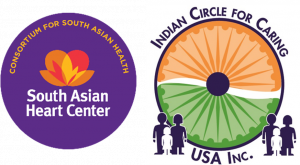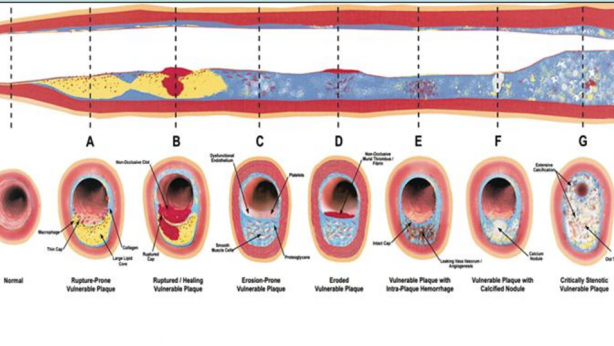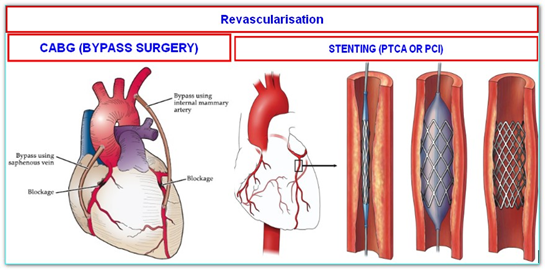Part II of IV – Heart Health Myths and Real Facts by Dr. Sanghvi, an experienced Cardiologist
As part of our “Health and Wellness Awareness – Education with a purpose” series, we plan to publish every Friday in February two Heart Health Myths and real facts to debunk the myths by Dr. Sanghvi, MD, FACC, experienced Cardiologist and ICC’s Lifestyle Program’s Director of Health. First set of Myths and real facts were published last Friday
We hope you will read and reflect on the facts surrounding heart disease and more importantly, act on improving your heart health.
Heart Health Myth #3: Eat only fat-free foods to protect your heart.
Fact: Fat-free diet was once a big food trend, but now the right thing to do is to replace unhealthy fats with healthy fats. There are 4 types of fats including saturated fat, trans fat, monounsaturated fat, and polyunsaturated fats. First 2 types are bad, and the last 2 types are healthy. We should restrict saturated fat intake to less than 7% of the total calorie intake. We should avoid trans-fat and try to replace saturated fat and carbohydrates by unsaturated fats.
Monounsaturated fats can help reduce the risk of heart disease by improving lipids, lowering body weight, and reducing inflammation in the body. They can also help control diabetes by improving insulin resistance and lower the risk of cancer. They can be found in plant-based foods like olive oil, canola oil, peanut butter, nuts, almonds, cashews, sesame seeds, sunflower seeds, pumpkin seeds, and avocado.
Polyunsaturated fats can also lower the risk of heart disease and stroke by lowering cholesterol and triglycerides, reducing BP, and having favorable effects on the diabetes control, inflammation and blood clot formation. They are found in soybean oil, safflower oil, corn oil, sunflower oil, cottonseed oil, walnuts, pine nuts, flaxseed, and pumpkin seeds.
Heart Health Myth #4: Heart Failure is a Death Sentence.
Fact: Because of advances in early diagnosis and treatment as well as increased awareness of symptoms, prognosis has improved significantly, and so many people with heart disease including heart failure are able to live normal lives. Common early symptoms we should be watching out for are shortness of breath, swelling in legs and ankles, tiredness, unexplained cough and wheezing worse at night without fever or flu-type symptoms, loss of appetite, nausea, rapid pulse, confusion, and difficulty concentrating. If you notice many of these symptoms together, seek medical attention.
We request you to share this posting on your Facebook page which will increase awareness. Your friends will thank you for sharing important information and caring for them!
Also, Dr. Sanghvi is doing a FREE Webinar on Saturday, February 12th at 10 AM on “Heart Disease Epidemic in South Asians: The Hidden Threat and How to Prevent it”. Click here to learn more about it


Follow us on Facebook by liking our page – www.facebook.com/indiancircleforcaring


